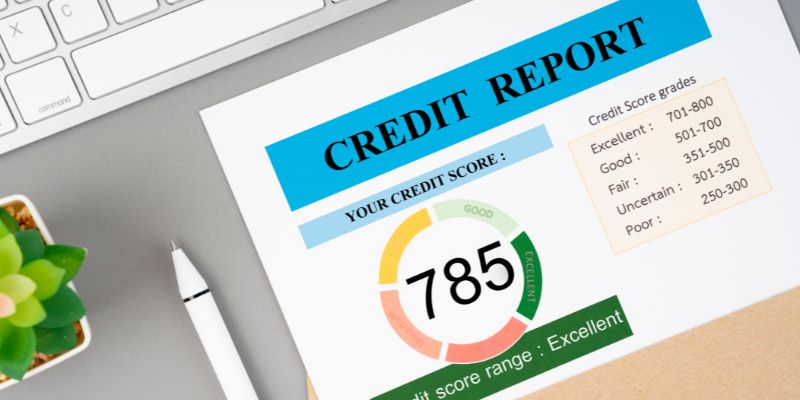Estate planning is the procedure to handle financial affairs for an individual in case of their demise or disability. This planning considers the guardianship of minor children and pets, the settlement of estate taxes and debts and the distribution of assets to heirs. Most estate plans are created with the assistance of an estate law specialist lawyer. Writing a will, analyzing accounts, and listing assets and debts are a few of the procedures. In this article, we will discuss estate planning, its definition and the whole process.

What is Estate Planning? Definition and Example
An estate plan manages your assets and wealth during your lifetime and after your death. It ensures that your assets and wealth go to the people you want them to receive. With the advice of a lawyer, an accountant, or a financial advisor, you can develop a plan for your financial situation, goals, and inheritance.
Unfortunately, many people fail to establish an estate plan in their lives even though they can benefit significantly from it. Estate plans are tailored to individual needs, so they are different for everyone. For example, a person who owns a business can set up a trust as part of their estate plans. The trust can be used to hold assets to fund the business and receive benefits if he becomes disabled or dies. To know more about it, let's see how it works.
Understanding Estate Planning Process
The process of estate planning includes making plans for the administration and allocation of one's assets during and after death. The estate planning process usually consists of the following seven steps:
Set your goals
Setting goals is a crucial first step in the estate planning process. Think about the goals you have for your estate plan: helping charitable causes, saving taxes, caring for your family, or facilitating the efficient transfer of assets to beneficiaries.
Compile data and inventory items
It is crucial to make a detailed inventory of everything you own, including expensive items, real estate, investments, bank accounts, retirement savings, life insurance policies, business interests, and any outstanding obligations. This list can assist you in identifying the scope of your estate plan and what you want included in it.
Choose the right advisor
As your estate plan states, appoint reliable people who'll carry out your objectives. Important positions may include guardians for minor children, executors, trustees (in charge of managing trusts if applicable), agents for powers of attorney, and a trustworthy investment advisor to assist in directing your financial strategies.

Draft required estate planning documents
Collaborate with an estate planning lawyer to draft the essential legal documents per your goals and objectives.
Make tax plans
Estate taxes can significantly impact the value of your estate and the amount your beneficiaries inherit. Study ways to reduce estate and gift taxes through tax mitigation, such as trust design, charity giving, and gifting techniques.
Review and update frequently
It's important to review and update your estate plan from time to time because both your legal situation and your life circumstances can change. A review of your plan should be triggered by major life events such as marriage, divorce, having children, or changes in your financial situation.
Communicate your plan
As soon as your estate plan is finished, make sure your beneficiaries, relatives, and other fiduciaries are informed of its existence and your goals. Clear communication can help avoid misunderstandings and guarantee that your wishes are as intended.
Benefits of Estate Planning
Estate planning can save you a lot of trouble. It may take some money and time to understand, but it can save you a lot of trouble later on. If you don't make plans, your assets should be distributed after you die in a way that the state sees fit. The decision of the state doesn't need to be according to your will. Here are its benefits.
Minimizes tax
If you plan with the help of estate plans, you will pay less tax. This reduction in taxes allows more money to be distributed among your relatives.
Protection of your children
This plan protects your family in several ways. If your children are not adults, you can secure their future through your will. Through this plan, you can direct who will care for them and when they can receive their assets. A living will helps heirs avoid difficult health decisions during a parent's death.
Keeps your assets together
A trust ensures that money stays in the family. It can also prevent money from going to the wrong heirs so they don't squander your hard-earned money. Distributing assets to the right heirs keeps your assets in one place.
keeps family conflicts at bay
Even if everyone in your family gets along well most of the time, ensuring a will is still a good idea. Some relatives can become irritated over the idea of a cash grab, while others might hide an expensive item they hope has been forgotten. Careful estate planning helps save your family from conflicts, whether they're minor arguments or full-blown disputes.
Mistakes to Avoid in Estate Planning
Estate plans are essential and provide many benefits. However, they also involve many mistakes, which can later lead to problems for your loved ones. Of course, the internet is a great resource, but it is nothing less than reckless to plan based on information from it. You can contact a good lawyer and prepare a plan that will benefit your heirs.
Conclusion
An estate plan is an important part of financial planning that you must consider. This lets you decide how your assets will be distributed after death. You can spare time to plan your assets and save your loved ones from hardships after your death. Consult a good attorney to help you develop a plan that fits your needs and goals. We hope this article answers your questions regarding estate planning and its process.







